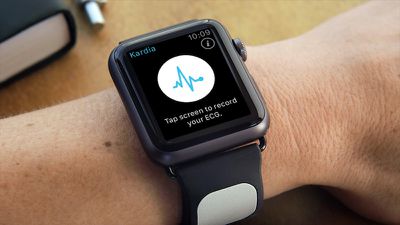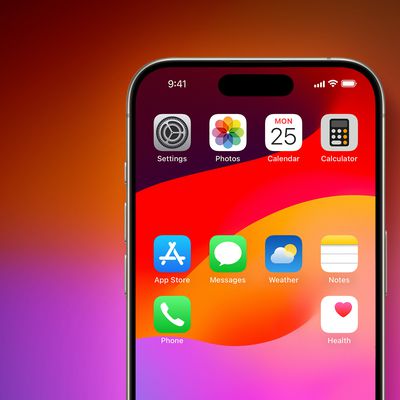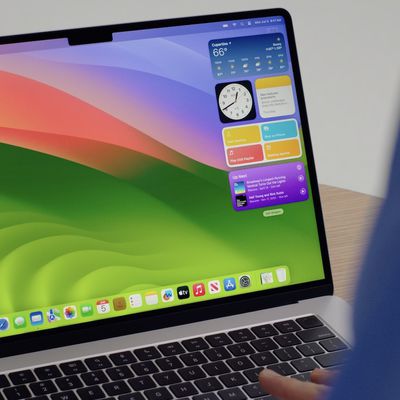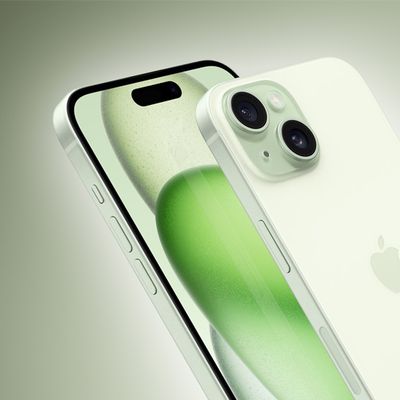An antitrust lawsuit that AliveCor filed against Apple back in 2021 will not proceed, with the judge overseeing the case today filing a summary judgment in Apple's favor.

The full ruling is under seal as of now due to confidentiality requests from Apple and AliveCor, but the filing makes it clear that the case went in Apple's favor and the Cupertino company was not found to have engaged in anticompetitive behavior.
AliveCor claimed that its "SmartRhythm" app that worked with its ECG KardiaBand was targeted several times by Apple for App Store rule violations, and then rendered non-functional with a change to the Apple Watch heart rhythm algorithm in watchOS 5.
When watchOS 5 launched, Apple introduced its heart rate neural network (HRNN) that improved heart rate calculations during workouts. AliveCor claimed that Apple changed the algorithm to impact the KardiaBand, and demanded that Apple continue to support the older, less accurate technology that worked with the SmartRhythm app.
AliveCor argued that the watchOS 5 changes were aimed solely at preventing third-party apps from identifying irregular heart rhythms, and that the update "eliminated competition" and deprived consumers of "choice for heartrate analysis." AliveCor was seeking damages and an injunction that would require Apple to "cease its abusive conduct" and continue to support the old heart rate algorithm.
Apple argued that AliveCor did not have the right to dictate Apple's design decisions, and that the request to support the older heart rate technology would require the court to be a day-to-day enforcer of how Apple engineers its products. The court ultimately agreed with Apple.
Apple in a statement to MacRumors said AliveCor's lawsuit attempted to challenge Apple's ability to improve the Apple Watch, with the company thanking the court for its decision.
"At Apple, our teams are constantly innovating to create products and services that empower users with health, wellness, and life-saving features. AliveCor's lawsuit challenged Apple's ability to improve important capabilities of the Apple Watch that consumers and developers rely on, and today's outcome confirms that is not anticompetitive. We thank the Court for its careful consideration of this case, and will continue to protect the innovations we advance on behalf of our customers against meritless claims."
AliveCor in a statement to MacRumors said that it is disappointed with the court's decision and will appeal.
AliveCor is deeply disappointed and strongly disagrees with the court's decision to dismiss our anti-competition case and we plan to appeal. We will continue to vigorously protect our intellectual property to benefit our consumers and promote innovation. The dismissal decision does not impact AliveCor's ongoing business; we will continue to design and provide the best portable ECG products and services to our customers.
Separately, the ITC's findings that Apple has infringed AliveCor's patents still stand. Both the ITC and U.S. Patent Trial and Appeal Board (PTAB) appeals will be reviewed at the Federal Circuit in the Northern District of California in the coming months. In other recent developments, the PTAB recently ruled in AliveCor's favor by instituting Inter Partes Review (IPR) of Apple's patents and a stay of Apple's countersuit.
AliveCor has also filed several patent infringement lawsuits against Apple, claiming that Apple copied its cardiological detection and analysis technology. These lawsuits are separate from today's antitrust decision.





















Top Rated Comments
But I wouldn't be surprised if, at some point, Apple faced antitrust lawsuits over Apple Watch being a watch.
No Thanks. I want accuracy over some Company crying about compatibility.